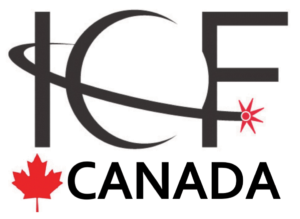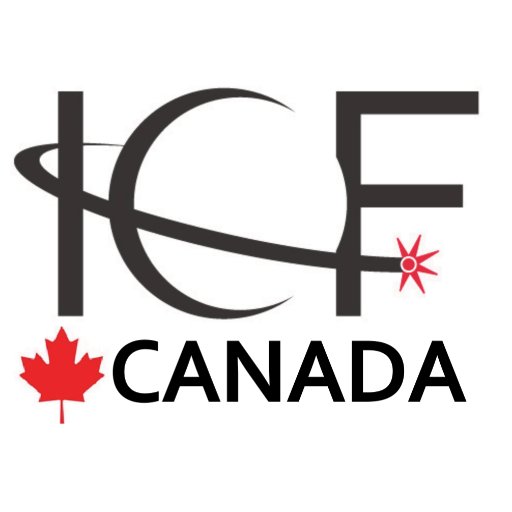
Blogpost: Update on CRTC
Speed targets for Broadband Fund cut in half by CRTC
The Canadian Radio-television Telecommunications Commission recently cut the minimum speed required to qualify for a piece of the $750 million funding set aside to make broadband more accessible across the country. In 2016, the Broadband Fund was announced as a way to address Internet shortcomings in areas all over Canada. The minimum speeds to qualify for funding were 50 Mbps download and 10 Mbps upload.
The CRTC just cut this criteria in half.
Laura Tribe of OpenMedia said this move “demonstrates a serious lack of ambition from CRTC Chair Ian Scott.” She continued, “Canadians have been paying some of the highest prices in the world for middle of the road Internet service for decades. The Broadband Fund was created because market forces alone have failed to connect Canadians to high-speed Internet, and the CRTC recognized it needs to step in to help fill that gap. But today’s decision provides an unambitious plan, which doesn’t go far enough to make that happen.”
I have to agree. As much as I want to see communities granted the funding needed to take their broadband infrastructure to the next level, I also want the limits pushed and expectations exceeded (though, the CRTC did state that the broadband projects would have to be prepared to hit the original speed criteria in the near future). In somewhere like downtown Toronto, a foot soldier from Bell or Rogers or Beanfield will walk right into your office or to your home and offer you 1 Gbps symmetrical connection and even offer you credits and a lower monthly price to steal you away from a competitor.
Rural and remote areas require equitable access to the Internet because increasingly Internet connectivity is a determinant of one’s equal access healthcare, education, government and marketplaces. Therefore, rural and remote communities need 1 Gbps speeds right away to have parity with urban communities. The CRTC, federal and provincial government policy, programs and funding should be directed at achieving universal equity of Internet access as soon as possible. Moreover, such equitable access will enable governments to deliver equal access to services, provide patient-centred healthcare, and ensure access to education to all Canadians from home as they are mandated to do. In turn, this will empower people to find a job, start a business, connect to their customers and suppliers, leading to increases in employment, productivity and GDP. Other benefits of people working in place include reductions in vehicle trips, lowering of GHG, reduced wear and tear on roads and transit infrastructure.
Ultimately, this will help rural and remote communities retain their youth populations and attract immigrants to reverse decades-long trends of economic and social decline.
What is most vexing is the Broadband Fund and criteria were announced when the CRTC made equitable access to broadband Internet a basic human right. And now they’re scaling back what were modest targets to begin with, saying you still have a right to it, just half of what was originally slated. It’s like saying, you have the right to equal access to healthcare but because you live in a rural or remote location, so you’re only going to receive half of that right. If you’re planning a broadband project in your community, I urge you to aim higher than the minimum set by the CRTC. The families, students, and businesses in your community deserve equitable access to the Internet, which means Internet in your community must offer the same accessibility, price and performance as Internet service available in downtown Toronto. If yours is a rural or remote community, your very survival is at stake.
Blog by Campbell Patterson
![]()
![]()
Want to have a voice in iCommunity.ca, the official newsletter of ICF Canada? Please send your blogs, announcements and other interesting content to John G. Jung at [email protected]

ICF Canada 1310-20 Bay Street Toronto, Ontario M5J 2N8 www.icf-canada.com
Contact: John G. Jung at [email protected] 1-647-801-4238 cell
Want to change how you receive these emails?
You can update your preferences or unsubscribe from this list
